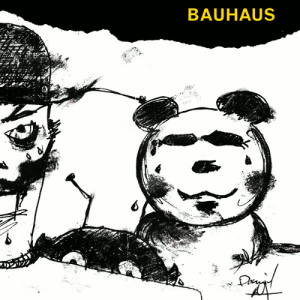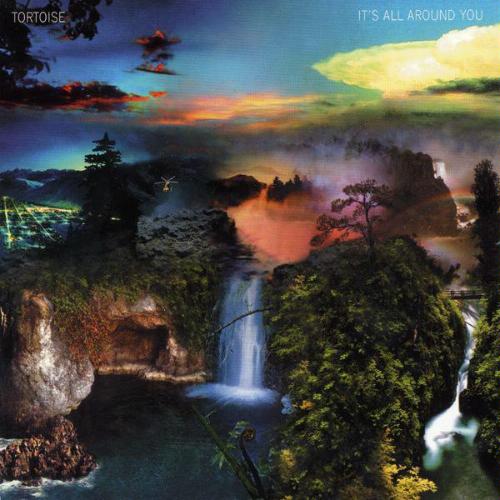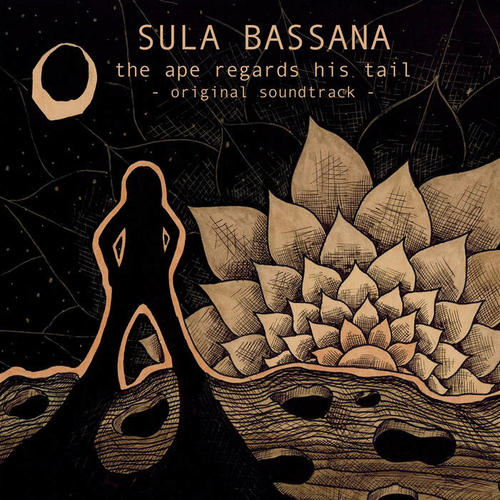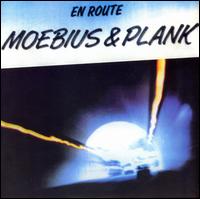 In the early eighties, Bauhaus were a bit of an odd phenomenon; musically, they changed with each album, and, like their contemporaries Japan, it was difficult to pigeon hole them. Eventually they were lumbered in with a lot of diffused other artists under the gothic rock tag, something that their music, apart from a couple of numbers, didn’t really adhere to.
In the early eighties, Bauhaus were a bit of an odd phenomenon; musically, they changed with each album, and, like their contemporaries Japan, it was difficult to pigeon hole them. Eventually they were lumbered in with a lot of diffused other artists under the gothic rock tag, something that their music, apart from a couple of numbers, didn’t really adhere to.
I saw a couple of their concerts at this time and they were beautifully theatrical, in a subtle kind of way that may have been slightly lost on some of the more vibrant post-punk members of the audience. Sure, their first album, In The Flat Field, traded slightly more on the aggressive side of their sound, but we have to remember that this had come hot on the hills of the languid and dub-influenced “Bela Lugosi’s Dead” single (which somebody said recently was “Freebird” for goths).
By the time of Mask, the band were extending their palette of sound and beginning to wear their influences on their sleeve more openly. It is here that the looming shadow of glam rock era idols such as David Bowie, Brian Eno and Marc Bolan begin to creep into their work. However, the band were not just mere copyists (even though they covered songs by all three artists), but managed to mutate that sound into something very special, and create something old but new for the audiences of 1981.
This version of Mask is a glorious coloured LP reissue and is to celebrate forty years since the band first formed. The packaging is complete with its original gatefold sleeve, and the record is pressed on 180gm yellow vinyl, on which the audio sounds fantastic. Apparently all four Beggars Arkive studio albums will have a similar, different-coloured, release.
“Of Lilies And Remains” has the surreal experimental flavour that the band would use as a greater influence on their next two releases. Here, Murphy’s spoken word vocal takes on a slight South London twang as he recites his lyrics. “Dancing”, with its rolling bass, big barre chords, and its religious and surreal imagery, is a perfect Bauhaus crossover song from the first album to their new sound. Daniel Ash’s guitar is full of pent-up energy as it screams its way through its slight solo. Perhaps one of Bauhaus’s greatest achievements in pure atmosphere, and “Hollow Hills” finishes side one. This a truly wonderful original composition that conjures up the magick and witchcraft of the darker months of the year, but in crossing folk tale and mythology with the ancient pagan religions of these isles, it also boasts one of Murphy’s strongest early vocal performances.
If you’re a Bauhaus fan and collector, then this version is must-have buy as it probably won’t be hanging around the shops for a very long time. Audio-wise it is certainly a lot warmer than the recent CD boxed set sound, that appears to slightly harsher and certainly with more treble, so it’s certainly worth having as a pleasant alternative that and would be closer to the now hard-to-find original vinyl pressings. In the end, the music has stood the test of time and speaks largely for itself; it’s going to be interesting to see the packaging and hear the audio quality of the next two re-releases.
-Gary Parsons-



